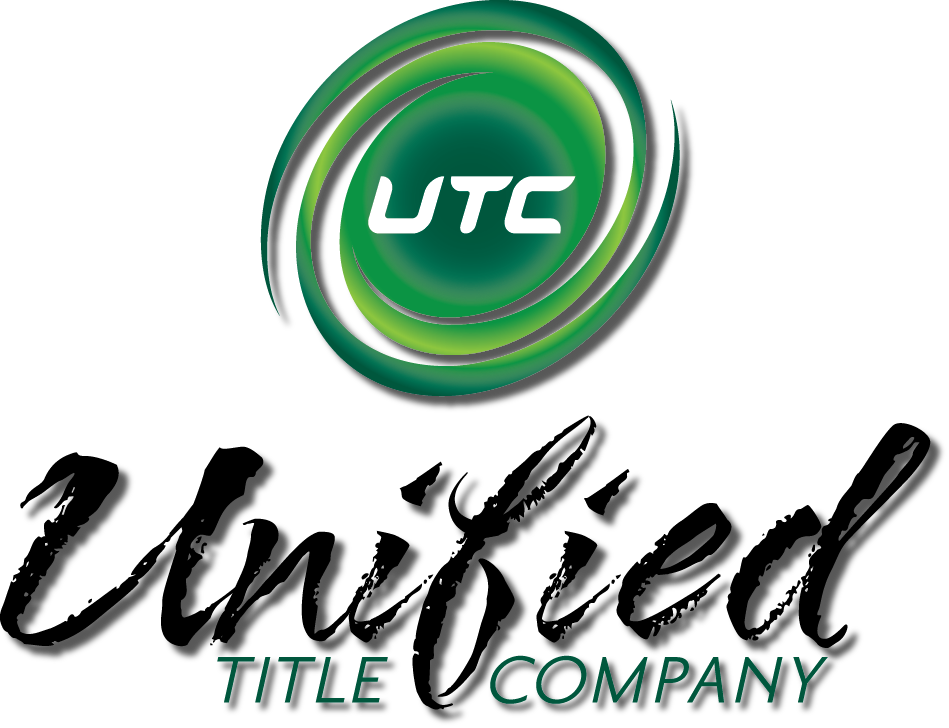The Unholy Trinity … Foreclosure, Bankruptcy & Short Sale
Most real estate loans are “secured” by a mortgage (deed of trust in Colorado). The security is your property. If you stop paying back the loan, rather than suing you1, your lender will terminate your interest in the property and sell it to recoup its loan proceeds. The process is called foreclosure.
Under Colorado law you have rights that you may exercise before your lender can terminate your interest. You should consult legal or other counsel to learn more about your rights.
WHAT ARE MY OPTIONS?
Owners facing the prospect of foreclosure have a number of options:
- You may be able to refinance into a new loan or modify the terms of your existing loan in order to reduce monthly payments.
- Friends and family may be willing to pitch in to help get you through a difficult period.
- You may be able to better balance monthly income and expense by leasing your property and living (or working) elsewhere.
- You may be able to sell the property and pay off the mortgage debt.
Some owners request that their lender accept a deed in lieu of foreclosure and some turn to bankruptcy. To help you decide on the best course of action in your particular circumstance, Unified Title Company recommends that you consult legal or other professional counsel (e.g., a mortgage broker or a real estate agent).
If you decide to sell, you may find yourself in a situation where a reasonable sales price is not sufficient to cover the costs of sale. This circumstance, sometimes euphemistically described as “under water” or “upside-down” may be addressed by a short sale. In a short sale, you will pay your lender (or lenders) less than the full amount that is owed according to the terms of your loan.
Generally, your lender will not consider a short sale if you are able to continue making your mortgage payments and you have no need to sell. Likewise, if you must sell, but you have the means to repay the loan in full, a short sale is not an option. Therefore, the first step will be to establish to your lender’s satisfaction that you have hardship and that your financial situation prohibits you from continuing to carry the debt and/or repay it in full.
The second step is confirmation of value. A short sale is predicated on the fact that your secured debt exceeds the property’s value. Your lender will want to satisfy itself that resale of the property at a price sufficient to pay off the loan in full is not possible. For this task your lender will consult an appraiser or real estate professional to give an estimate of current market value.
As a general rule, a short sale seller neither receives sale proceeds at closing nor incurs any cost. That is, your bottom line at closing will be zero.
If you believe you are a candidate for a short sale, there are several steps to take:
1. Contact a real estate agent. Your lender will have to approve the transaction. Many lenders will not approve a short sale unless and until you have retained a real estate professional to market and sell your property. Lenders believe that the involvement of a real estate professional affords the best opportunity to maximize the sale price and therefore minimize the lender’s loss.
2. You will have to establish your inability to pay. Your lender will want to evaluate your financial status based on its review of current bank statements, tax returns, pay stubs and a monthly income and expense report. If your lender concludes that you have the means to repay the loan in full, a short sale will not be approved.
3. You will have to establish hardship. Generally, if you do not need to sell your property, your lender would prefer that you keep it and continue to make payments. However, if you cannot continue to make payments (loss or reduction of income or the burden of additional expenses), or if you must sell (forced relocation), then your lender will consider a short sale.
You will have to work closely with your real estate agent to insure that your lender receives all of the documents and information that it needs in order to evaluate the viability of a short sale. If you take the appropriate steps and your lender approves a short sale, there are important consequences to understand:
- A short sale may affect your credit – you are asking that your lender accept a lesser amount than is owed in satisfaction of the loan it made to you. Your lender will report this fact to credit agencies accordingly.
- You may have adverse tax consequences related to a short sale. In general, the difference between what you owe and what your lender actually receives from closing is called “forgiven debt.” For tax purposes forgiven debt is treated as income. There are provisions in the federal tax code that may mitigate or eliminate adverse tax consequences. You should consult a tax professional for advice.
- You may be asked to sign a new promissory note as part of a short sale obligating you to pay back all or a part of the deficiency.
- Your lender may agree to release its lien against the property (thereby allowing you to sell) but may not agree to forgive the debt. If your lender is not specific about its intentions after a short sale, you should consult legal counsel to discuss and evaluate potential future consequences.
Notes
1. A loan, or, more specifically, a promissory note, is either RECOURSE or NON-RECOURSE. If it is recourse, then, subject to state laws, your lender could sue you for a foreclosure sale (or short sale) deficiency. If it is non-recourse, then the only remedy available to your lender for non-payment is to take back the property.
